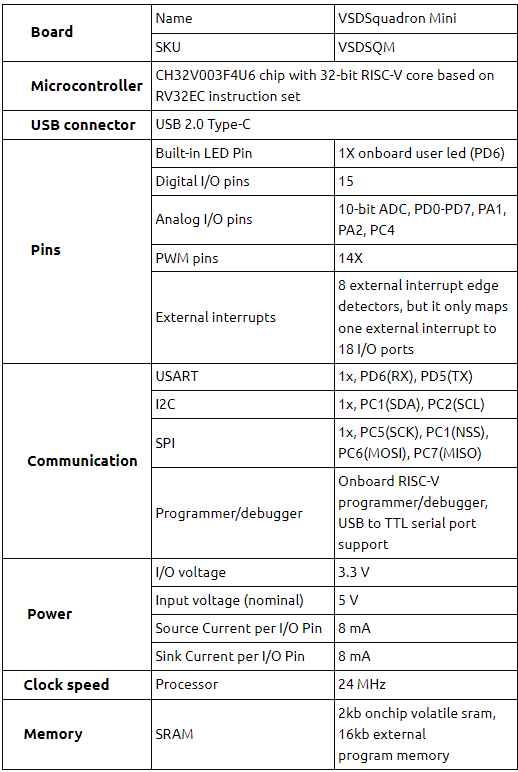VSD - Machine Intelligence in EDA/CAD
Overview
We start with Electronic design automation and what is machine learning. Then we will give overall introduction to categories of machine learning (supervised and unsupervised learning) and go about discussing that a little bit. Then we talk about the frameworks which are available today, like general purpose, big data processing and deep-learning, and which one is suitable for design automation. This is Machine Learning in general with a focus on CAD, EDA and VLSI flows.
Then we talk about Applied Theory (data sets, data analysis like data augmentation, exploratory data analysis, normalization, randomization), as to what are the terms and terminologies and what do we do with that, accuracy, how do we develop the algorithm, essentially the things that are required to develop the solution flow, lets say, you as the company wants to add a feature in your product using machine learning, what you would be doing, and what your flow will look like and this is what is shown as pre-cursor of flight theory as what you should be looking out.
And then we start with regression, which is first in supervised learning. In the regression, we will give couple of example, like first is resistance estimation, second is polynomial regression which is capacitance estimation. For resistance estimation, we have the dataset from 20nm technology. And finally, we go on to create a linear classifier using logistic regression.Next will be dimensionality reduction, meaning, you have a large dataset and how to you reduce the size of that so that you can run on a laptop or even on your cell phone. Then there is a big example of that. Everything has mathematics behind that, this wont be a part of the webinar.
- Intro to Machine Learning in EDA/CAD
-
Develop machine learning apps with TensorfFow and Python in cloud
-
Develop EDA and CAD applications like resistance estimation, capacitance estimation, cell classification etc.
- Categories of Machine Learning
- Machine Learning Framework which will cover Python primer and introduction to Tensor flow
- Applied theory, regression and classification
Objective
- Introduction
- Agenda, myths and latest applications of machine intelligence (MI)
-
Intro to Machine Learning in EDA/CAD and frameworks
- MI in design automation and MI categories
- MI architecture and LIVE QnA with participants
- MI foundation and steps to add colaboratory lab for python programming
- Introduction to python scripting
- Quick QnA session with tensor flow
- LIVE QnA with participants regarding tensor flow
-
Wire resistance estimation using regression model
- Regression model, wire resistance estimation and dataset normalization
- ML model, loss function and gradient descent learning algorithm
- LIVE QnA and labs on gradient descent algorithm
- ML solution flow and resistance estimation with linear regression labs
- Training model for resistance estimation with linear regression
- Error Analysis
- Predicting resistance values and error analysis
- LIVE QnA on regression and resistance estimation
- Wire error model and underfitting concept
- LIVE QnA on wire error model and underfitting
- Wire Capacitance Estimation (WiCE)
- Wire capacitance estimation (WiCE), loss function and labs
- WiCE labs and exercise description
- LIVE QnA with participants on WiCE
- Cell classification
- Classification examples, algorithms and decision boundary
- VLSI cell classification (VCC) and data-set
- Logistic regression, VCC machine learning model and VCC loss function
- Labs on binary classification of cells using logistic regression
- Confusion matrix
- Support vector machine algorithm and conclusion
Audience Profile
- Design automation engineers
- CAD developers
- Managers and executives
- Research professionals and graduate students
- Machine learning enthusiasts and Investors
Prerequisites
- Be familiar to basic VLSI chip design flow
- Be familiar with standard nomenclature of VLSI and chip design
- Basic knowledge on Python and Tesnsor Flow is nice to have, but will be anyways covered in the course
Tools Used
Python and "Tesnsor Flow" an open source machine learning framework
Buy the course :
Presentation of the video courses powered by Udemy for WordPress.

